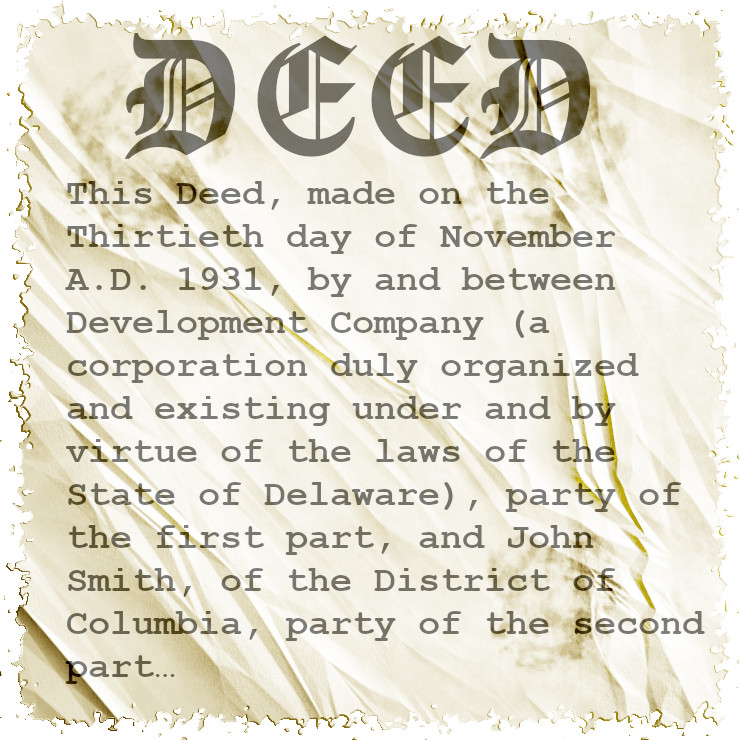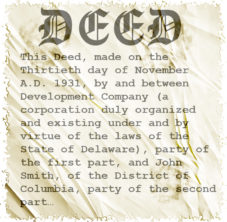In Part 1 of this series we described the background to removing deed restrictions, in Part 2 we described some of the immediate impacts on existing property owners, and in Part 3 we exposed who is responsible for the circumstances leading up to this legislation. In this final post we discuss what options remain for the affected homeowners.
Recall that HB1300 voids restrictions appearing in deeds and covenants, particularly those restrictions that prohibit dense housing on lots otherwise dedicated to single-family dwellings (SFD). A government’s intervening in any agreement between two private parties is a very bad precedent, particularly when that same government has been actively funding those restrictions in the form of infrastructure and schools. Sending a child to a private school is also a contractual obligation between two parties; if the state government can nullify a deed restriction, presumably it can prohibit private schools.
For those who want to express opposition to HB1300, contact the Montgomery County Delegation in Annapolis at the contact page or at MontgomeryCounty.HouseDelegation@mlis.state.md.us.
Your other option is to move out of the county, and the chances are that you know some people who already have. HB1300 applies only to Montgomery County, a discriminatory proviso if there ever was one, so leaving MoCo means you escape a dangerous revocation of property rights. Maryland’s Washington County is enjoying stupendous success in recruiting non-federal employers, so in a few years you can probably get a solid job in the private sector. For those who enjoy (or can’t escape) DC’s high wages, you can still arguably commute from Hagerstown into the District. Regardless, the housing in Washington County is much less expensive: $300,000 median price compared to MoCo’s $635,000.
Your last option is to try and reform our local government by voting out the entrenched progressives who are complicit in promoting deed restrictions and now want to revoke them—causing some homeowners significant loss in net worth. Libertarians have a long tradition of promoting free trade agreements, and that includes allowing property restrictions. However, the libertarians would not force taxpayers to support those restrictions in the form of infrastructure and schools. If a group of people want a neighborhood to have only sprawling mansions, they can also fund their own schools, streets, trash collection, and water. Neighborhoods like that already exist, and will continue to exist. (Many of the homes in the Agricultural Reserve are in such neighborhoods, and they are jealously protected by the county government.) However, some neighborhoods have SFDs whose residents cannot financially support a local private school and infrastructure, and those residents would voluntarily forgo their deed restrictions. In those neighborhoods, the inventory of housing will naturally grow to accommodate the unmet demand.
You can learn more about Maryland’s libertarian party at their web site.


